
The director of the division of stem cell biology research at City of Hope discussed the potential of the model to study the mechanistic causes of Alzheimer disease and to test dementia drugs currently in development.

The director of the division of stem cell biology research at City of Hope discussed the potential of the model to study the mechanistic causes of Alzheimer disease and to test dementia drugs currently in development.
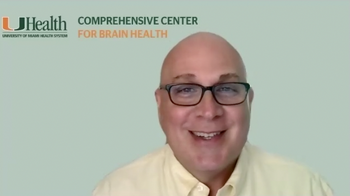
The director of the Comprehensive Center for Brain Health at the University of Miami Miller School of Medicine discussed the clinical significance of his findings on neighborhood tree canopy and brain health.

The director of the headache center at Jefferson University Hospital commented on what he is excited for at the upcoming International Congress on the Future of Neurology.
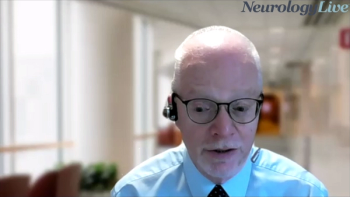
The professor of neurology at Mayo Clinic College of Medicine discussed several areas within the neuromyelitis optica spectrum disorder that are of interest for ongoing and new research efforts.
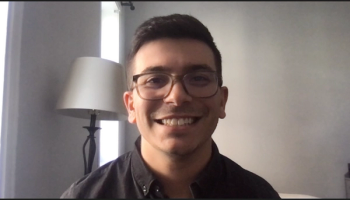
Neurology News Network for the week ending August 14, 2021.
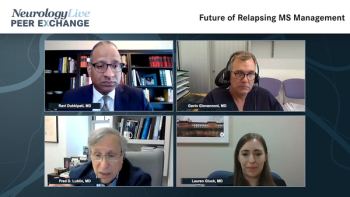
Key opinion leaders in multiple sclerosis (MS) discuss the future of relapsing MS management and unmet needs.
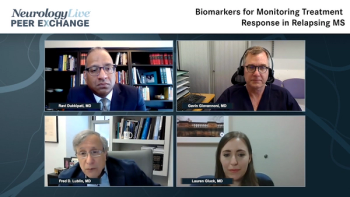
Expert neurologists discuss current and future biomarkers relevant to relapsing multiple sclerosis including cerebrospinal fluid neurofilament.

The director of the Corinne Goldsmith Dickinson Center for Multiple Sclerosis at Mount Sinai Medical Center spoke on what he is looking forward to at the 2021 International Congress on the Future of Neurology.
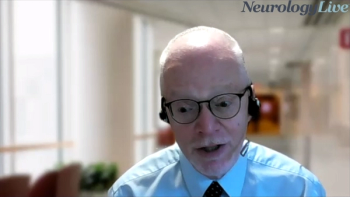
The professor of neurology at Mayo Clinic College of Medicine discussed the 3 currently FDA-approved agents for NMOSD and other agents currently within the clinical pipeline.

The director of the MedStar Georgetown Headache Center discussed the upcoming International Congress on the Future of Neurology and what attendees can expect to hear from experts in migraine.
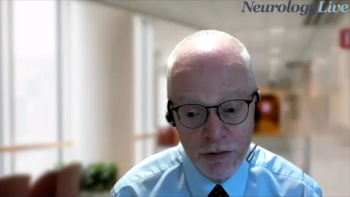
The professor of neurology at Mayo Clinic College of Medicine discussed lesser-known facets of NMOSD and how the disease evolves over time.

Following the commencement of a study exploring WVE-004, an investigational treatment for C9-ALS and C9-FTD, the director of the Sean M. Healey & AMG Center for ALS discussed the clinical implications and the treatment’s potential.
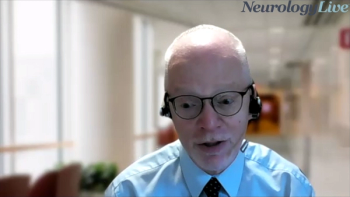
The professor of neurology at the Mayo Clinic College of Medicine detailed the strides made in recognizing NMOSD as its own disease, along with specific biomarkers that identify it.

The director of the Sean M. Healey & AMG Center for ALS outlined the trial, which will evaluate ideal dose level and frequency of the investigational treatment for patients with C9-ALS and C9-FTD.

The assistant professor of neurology at Harvard Medical School discussed related areas of research regarding cranial neuralgias and the optimal time to proceed with surgery.
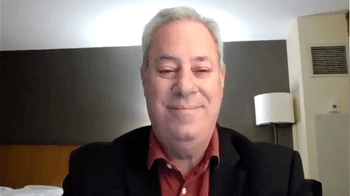
The executive director of Banner Alzheimer’s Institute discussed the approval of aducanumab and the potential to address unmet needs and gaps in care for patients with Alzheimer disease.

The approval of aducanumab and other advancements in Alzheimer disease diagnosis remain at the forefront of discussion; Eric Reiman, MD, spoke on the state of diagnosis and those ongoing conversations.
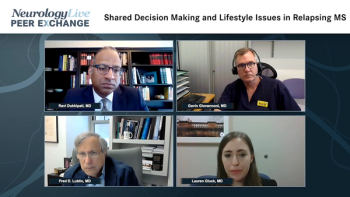
A panel of experts emphasize the importance of shared decision making in relapsing multiple sclerosis and discuss lifestyle choices that impact the disease.
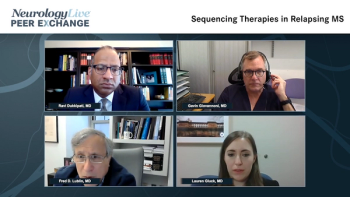
Experts in multiple sclerosis (MS) discuss key factors involved in the sequencing of therapies for relapsing MS.

The executive director of Banner Alzheimer’s Institute discussed the future of blood tests as a biomarker that may help in addressing current challenges, including drug development.
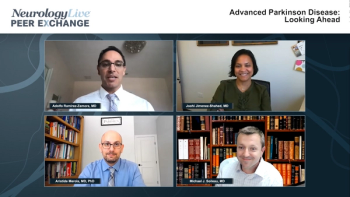
Panelists look ahead in the management of advanced Parkinson disease and discuss the promise of different investigational therapies.
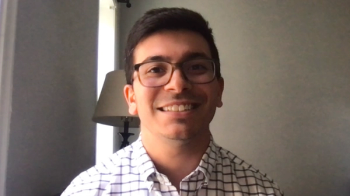
Neurology News Network for the week ending August 7, 2021.
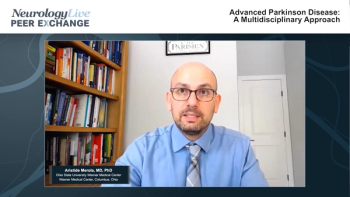
A discussion about the benefits of a multidisciplinary evaluation for patients with advanced Parkinson disease who are potential candidates for device-assisted therapy.

The executive director of Banner Alzheimer’s Institute commented on ongoing research into amyloid plaque-reducing antibody therapies, the approval of aducanumab, and other initiatives with the ability to impact the treatment of Alzheimer disease.

The assistant professor at Cleveland Clinic provided thoughts on the barriers clinicians face when formulating and conducting Alzheimer disease clinical trials with repurposed drugs.
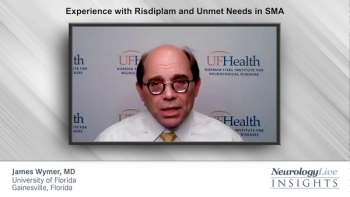
James Wymer, MD discusses his firsthand experience with risdiplam and identifies a key unmet need in the treatment of spinal muscular atrophy.
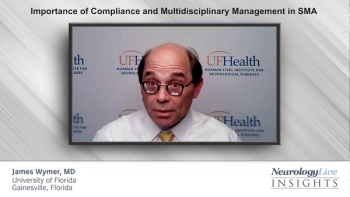
An expert neurologist emphasizes the importance of medication compliance and the value of multidisciplinary management in meeting patient goals of therapy for spinal muscular atrophy.
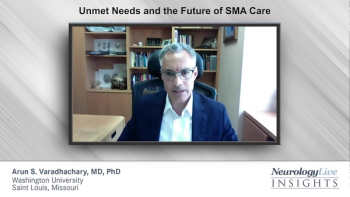
Arun S. Varadhachary, MD, PhD shares insights into clinicians’ and patients’ experiences with medical therapy, comments on unmet needs for adult patients, and speculates about the future of SMA care.
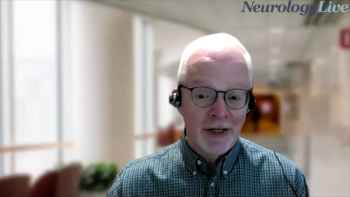
The professor of neurology at the Mayo Clinic College of Medicine discussed the need for evaluating infection risk of disease-modifying therapies amid a growing MS treatment landscape.

The executive director of Banner Alzheimer’s Institute discussed the current state of AD trials, as well as his perspective on ongoing efforts to establish prevention therapies.